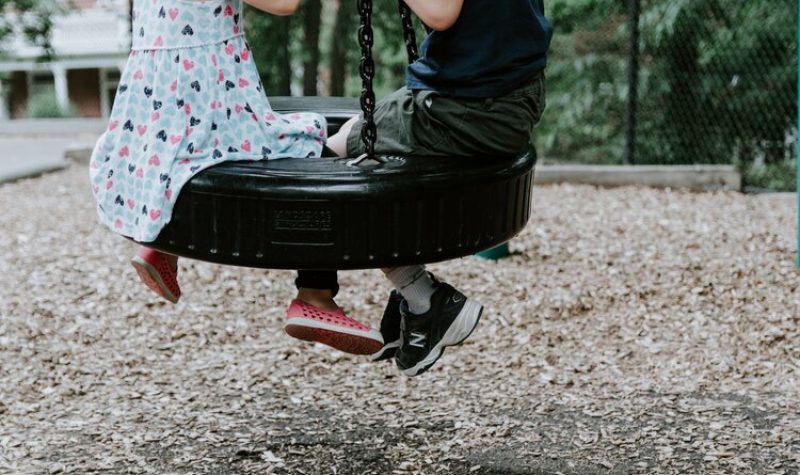Caregivers of autistic individuals have experienced heightened stress and deteriorating mental health due to COVID-19.
Autism is a life-long neurological condition that has a wide spectrum. For some people with autism, having the condition means they may be non-verbal or have difficulty adapting to social situations.
A study released from a research team called “Families Facing Covid-19,” found that due to a variety of factors, most caregivers surveyed were experiencing moderate to high levels of stress and anxiety due to circumstances that have arisen due to the pandemic.
Major contributions to this stress was loss of services, financial strain, and loss of social support.
“What we’re seeing is caregivers have to take on multiple roles. Not only are they trying to manage their work, they are now an educator for their child who might have been taken out of school, they might be now a care navigator more so than they were before the pandemic, because a lot of services have been cut. There’s a lot of disruption to routine,” said Dr. Carly McMorris, lead researcher on the study.
For many autistic children, social services such as behavioral therapy, speech therapy and educational assistants to help a child navigate school are considered crucial to see progress in development. But with social distancing protocols being enforced during the height of the pandemic, many children’s services were paused or even cancelled.
Brenda Reisch is the executive director for Children at Risk, an Ottawa based charity that seeks to provide gaps in services for autistic children and their families. This sudden loss of services has her worried about the long-term effects the pandemic will have on the children.
“You learn that you can’t hug somebody, you can’t touch somebody, you have to stay away from somebody, and to unlearn all of those things - we’ve been trying to get them to be social from the beginning,” she said. “It’s going to be very difficult.”
She also reported that many families have been struggling financially due to the pandemic.
She says she knows some families who are barely holding things together.
“The bills are just piling up. They’re frantic,” she said.
Children at Risk have been able to maintain some services during the pandemic, including a day camp called Camp Kaleidoscope for autistic children. But with pandemic restrictions still in place, the services are limited.
“This is the first year that we’ve had to say no to a number of families,” Reisch said. “And limit the boundaries to camp.” Camp Kaleidoscope can only accept enough children for two weeks at a time, instead of a full summer.
For additional information about how families with autistic individuals are being impacted by COVID-19, the study can be found at familiesfacingcovid19.com.
Take a listen to how the pandemic has impacted caregivers to autistic individuals in Ottawa:


